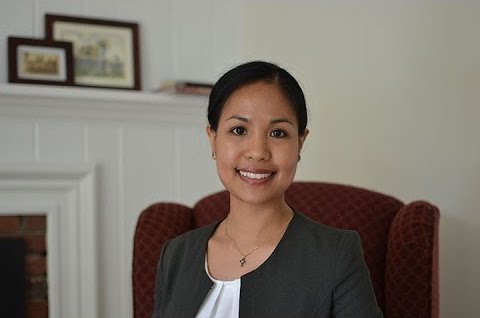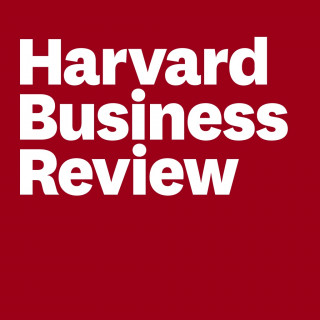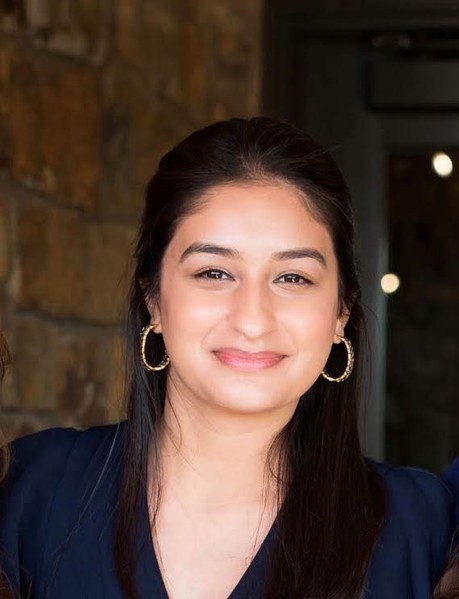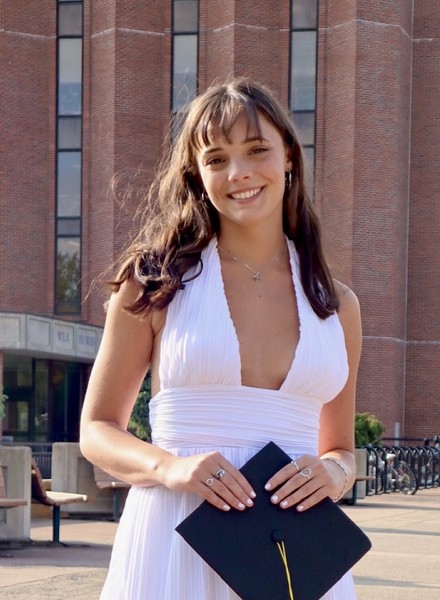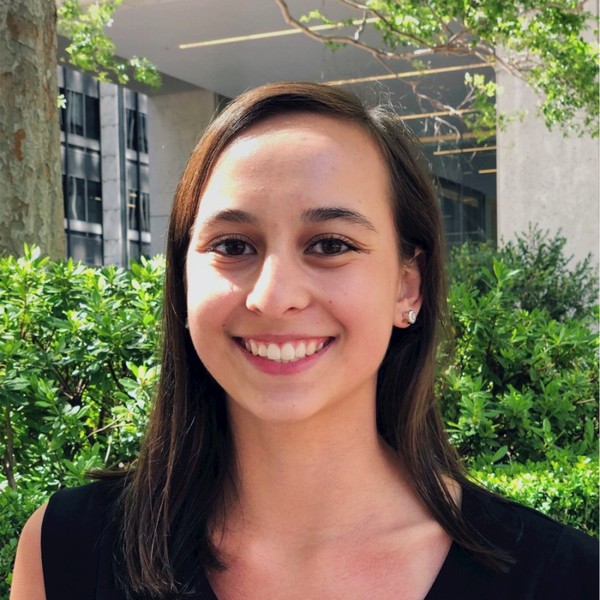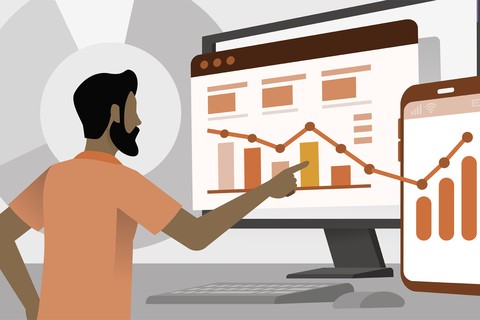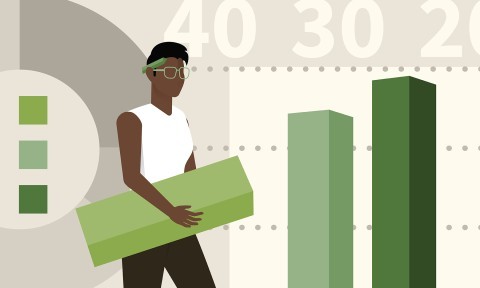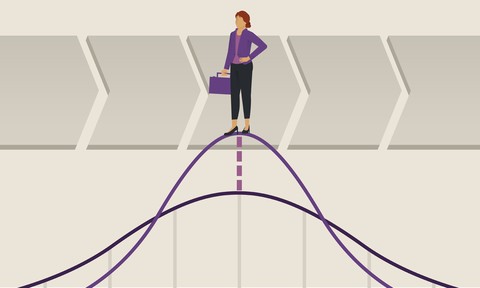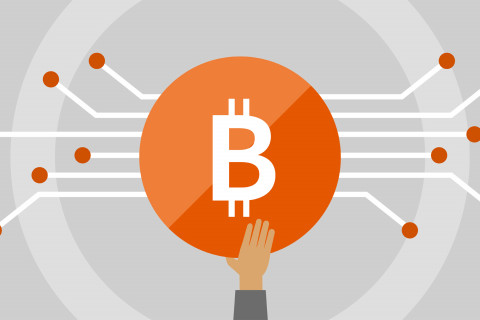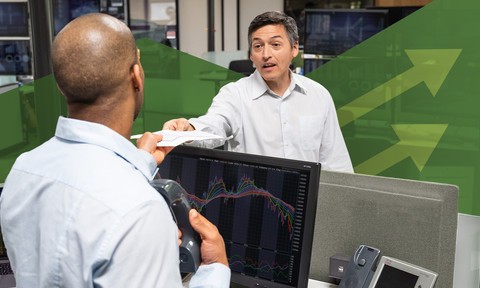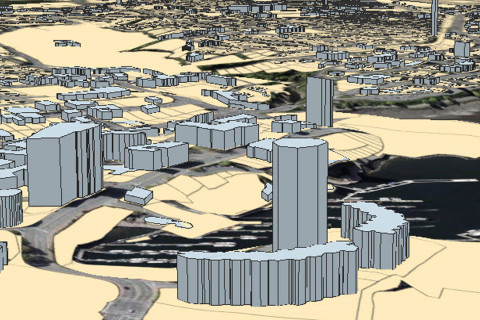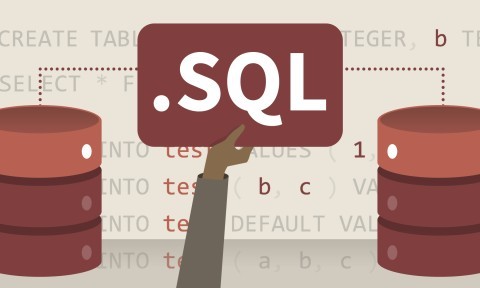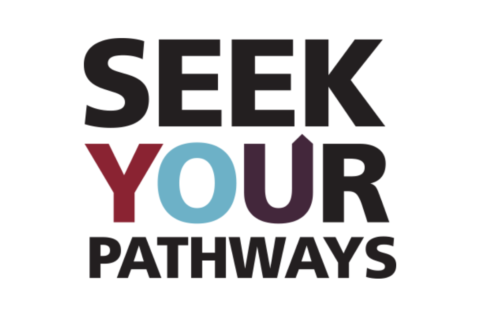Here are some great tips about how to build a Federal Resume from The Partnership for Public Service. If you follow these directions, you will be sure to put your best foot forward when applying for jobs on USAjobs.gov!
Sidebar
Search SBS Pathways Center
Academic Advising
Important: These advising links are for current majors. To declare this major, follow instructions here.
Internship & Career Advising
Important: Appointments are for declared majors only.
Featured Jobs + Internships
-
 Associate, Client Service, New York, 2024AlphaSights
Associate, Client Service, New York, 2024AlphaSights -
 Talent Acquisition Associate (Campus Recruitment)AlphaSights
Talent Acquisition Associate (Campus Recruitment)AlphaSights -
 Associate, Client Service, Asia International Team, Mandarin Speaker, 2024AlphaSights
Associate, Client Service, Asia International Team, Mandarin Speaker, 2024AlphaSights -
 Summer Associate, Client Service, 2025AlphaSights
Summer Associate, Client Service, 2025AlphaSights -
 2025 Investment Banking Summer Analyst Program - New York, GeneralistJefferies, LLC
2025 Investment Banking Summer Analyst Program - New York, GeneralistJefferies, LLC

